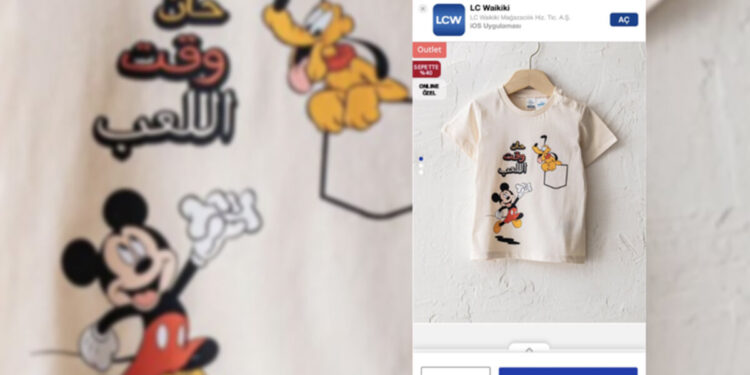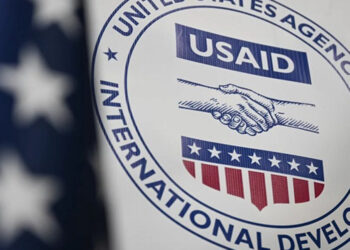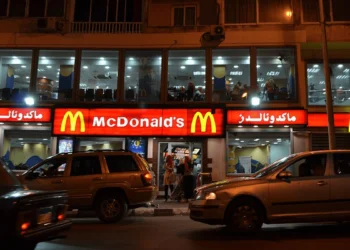A wave of anger has swept across Turkey and the Arab world after Turkish fashion retailer LC Waikiki pulled children’s T-shirts with Arabic text from its stores in Turkey, sparking accusations of racism and double standards.
The shirts, which featured the phrase “حان وقت اللعب” (“It’s time to play”), became the center of a social media storm. Critics in Turkey claimed the Arabic writing was inappropriate for local markets—prompting the company to issue a public apology and remove the item from shelves nationwide.
Social Media Calls Out Hypocrisy
Outrage erupted online from both Arab and Turkish voices who viewed the move as discriminatory. Many pointed out that LC Waikiki continues to sell clothes featuring English, French, and Chinese phrases without controversy.
Baraa Nizar Rayan tweeted: “The Turkish LC Waikiki company apologizes to racists and withdraws a shirt bearing Arabic words. Yet dozens of shirts with English text remain untouched. The brand operates in 16 Arab countries—this deserves a boycott if dignity matters.”
Samer Tarawneh added: “LC Waikiki apologizes for using Arabic text due to racist backlash. We, Arabs, should boycott them globally until they respect our language.”
Mehmet Tasoglu shared: “All languages deserve respect. LC Waikiki’s move fuels racism in Turkey. I’m boycotting their products and urge others to do the same.”
Al-Habib Al-Hashemi wrote: “I won’t shop at LC Waikiki again. They treated Arabic as an offense that needs an apology to please racists. This is unacceptable.”
LC Waikiki’s Position Under Scrutiny
The brand, which sells apparel and home goods across its global branches, has yet to address the growing backlash from Arab consumers. While LC Waikiki continues to offer items featuring multiple international languages—including English and Chinese—the company has remained silent on why Arabic alone was singled out for removal.
The incident has reignited ongoing debates about language, identity, and racism in Turkey’s retail and media spheres. As #BoycottLCWaikiki trends in both Turkish and Arabic hashtags, many are now watching how the brand responds to regional public pressure.











